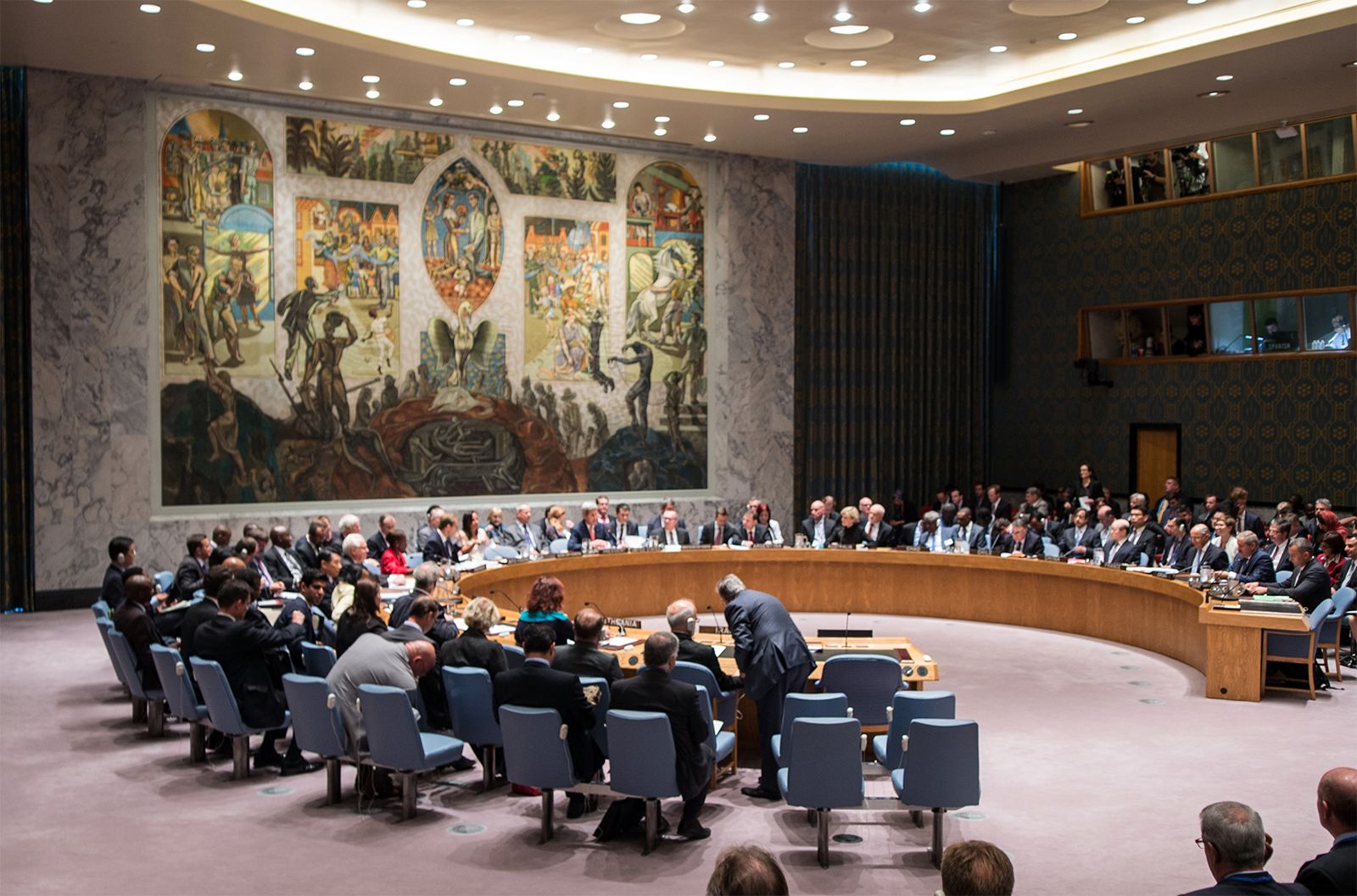The UN mission in Libya has expressed worry over reports of military mobilisation in Tripoli and threats of using force to settle a dispute over central bank management.
The deputy director of the mission, Stephanie Koury, reported to the UN Security Council on Monday that during the preceding two months, there had been a swift deterioration of the political and military conditions in Libya, including multiple mobilisations by armed groups.
“The display of military power and armed confrontations in densely populated neighbourhoods is unacceptable and threatens the lives and security of civilians.” According to the mission’s statement on Thursday. Rival armed factions mobilised on both sides in an attempt to remove Central Bank of Libya (CBL) head Sadiq al-Kabir, sparking the most recent round of hostilities.
Mohammed al-Shokri, the candidate put forth to succeed Kabir as governor, stated in a statement on Friday that he would only take the position if support from the nation’s two opposing parliamentary bodies was received.
Since an insurrection supported by NATO in 2011, Libya, a significant oil producer in the Mediterranean, has seen minimal stability. In 2014, the nation broke into fighting factions on the east and west, with support from Russia and Turkey in the end.
An end to hostilities was declared in 2020. Major factions remain in place, occasionally engaging in armed conflicts, and vying for control of Libya’s vast economic resources despite the failure of efforts to resolve the political situation.
The political leadership of the nation is chosen from groups that were either established during recurring international peacekeeping missions to supervise several unsuccessful transitions or elected ten years or more ago.
The diplomatic effort to replace all of Libya’s governmental structures through national elections has stalled.
The Libyan National Army (LNA) of commander Khalifa Haftar controls eastern Libya, the region where the parliament is located. Rival armed factions have clashed periodically in Tripoli and the northwest, which is home to the internationally recognised Government of National Unity (GNU) and the majority of significant governmental institutions.
As the LNA moved a force into southwest Libya, raising worries of east-west warfare, opposing factions in northwest Libya mobilised against one another in late July and early August.
In the meantime, there have been fresh demands from the House of Representatives parliament in the east to overthrow the GNU and Presidency Council.
One of the internationally recognised legislative organisations, the High State Council, is likewise at a standstill following a contentious vote over its leadership.
After Mohammed al-Menfi, the leader of the Presidency Council, decided to replace Kabir and the board—a decision that the parliament rejected—tensions over control of the central bank escalated.

